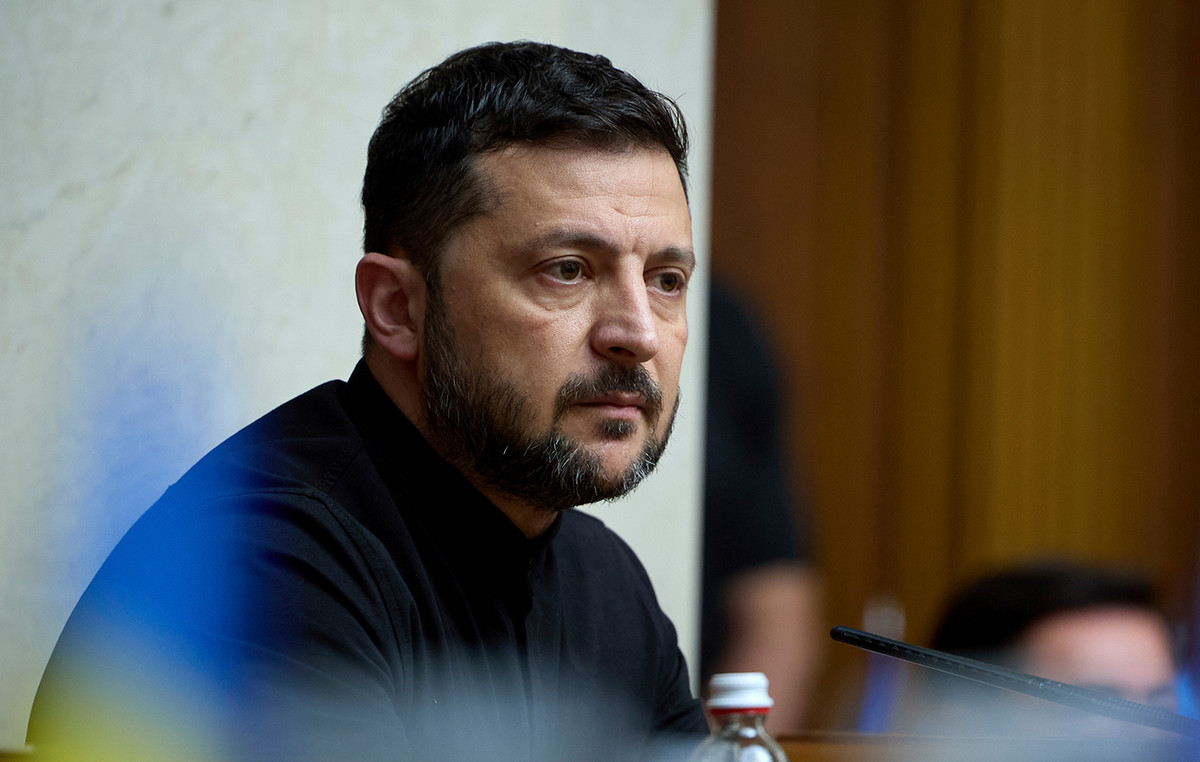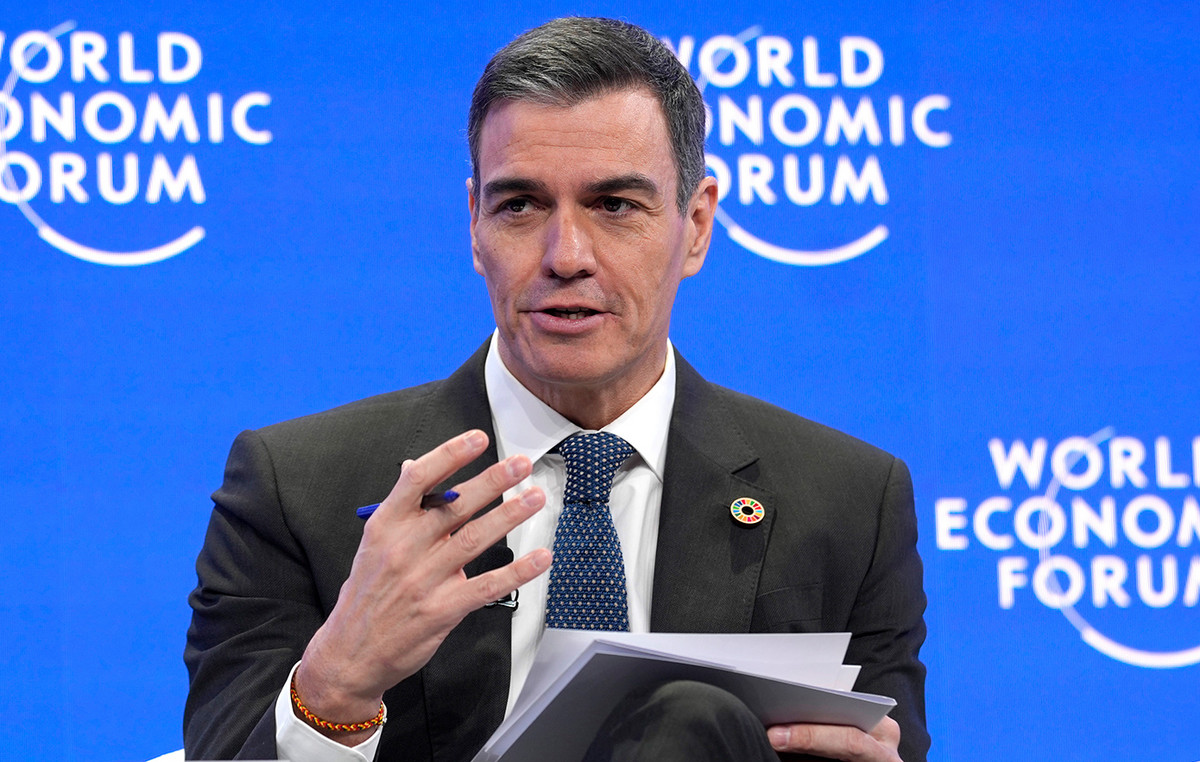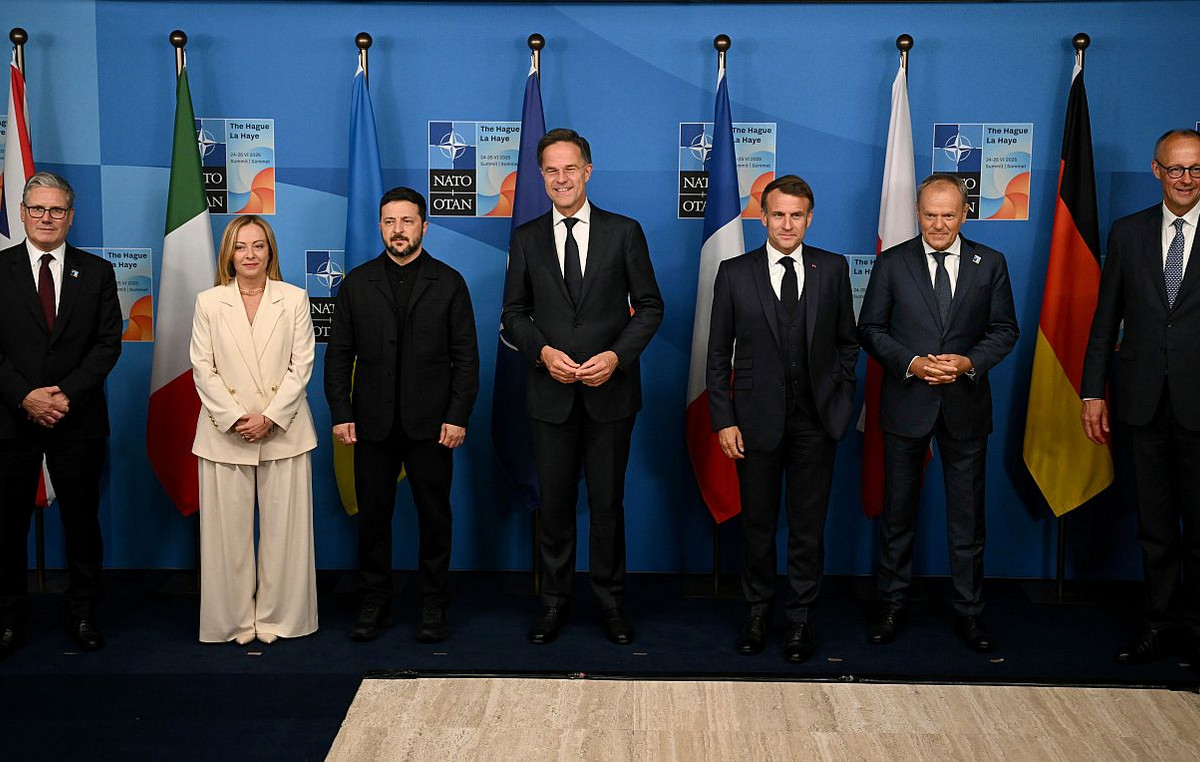By Therese Raphael, Romesh Ratnesar
Four months of war in Ukraine have brought shocking levels of destruction, from bridges to homes, hospitals and shopping malls. A recent estimate by the head of the European Investment Bank puts the cost of reconstruction at over $1 trillion.
With millions of citizens displaced and the country’s infrastructure in a state of disrepair, Ukraine will not be able to sustain itself for years, possibly decades. An impoverished or dysfunctional state of Ukraine’s size and importance on Europe’s borders would be vulnerable to future attacks and a source of economic and political instability. Preventing such an outcome will require the democratic world to fund much of the country’s reconstruction, just as the US did in Europe after World War II with the Marshall Plan. Even while the war continues, Western governments would be wise to begin this effort now.
With Russia showing little sign of easing its assault on Ukrainian cities, providing arms and support to the Ukrainian military remains a Western priority. However, delaying reconstruction until the war was over would be a mistake. Significant areas of the country are largely free of fighting, leaving them in a lull would discourage the return of refugees and prolong Ukraine’s dependence on foreign aid. Western support for reconstruction projects will also help the war effort, allowing the Ukrainian government to focus on providing basic services and supplying its troops.
While it makes no sense to rebuild a structure that will simply be bombed again, Ukraine’s allies can do a lot now. Building floating bridges and other temporary vital infrastructure can help move tons of grain out of the country. Farmers and agribusinesses need support this year, as well as stronger storage facilities, such as the temporary grain silos promised by the Biden administration along the border with Poland.
Where possible, the reconstruction of residential areas should be accelerated. Prefab housing for internally displaced people from war and for returning refugees is essential to restore some normality. In areas where the violence has subsided sufficiently, outside experts can help clear large areas of Ukraine (the agriculture ministry estimates that 30% of farmland is occupied or unsafe). Large numbers of Ukrainians cannot return to their homes until these areas are safe.
Beyond emergency reconstruction work, foreign governments should help Ukraine lay the foundations for sustainable future development. This includes diversifying away from fossil fuels, upgrading nuclear facilities, creating renewable energy sources and further integration into the European electricity transmission network. This also means improved access to finance for small and medium-sized enterprises.
Perhaps the biggest challenge about the reconstruction process will be paying for it. Although many governments and international financial institutions will be involved, it makes sense that the EU, which has just made Ukraine a candidate for membership, should lead this process. Some principles should guide it. First, although loans will be part of any aid package, over-indebting Ukraine carries risks of a future crisis. Like the Marshall Plan, the reconstruction of Ukraine should be financed primarily by grants, provided that the Ukrainian government and businesses cover a portion of the funds. As part of any negotiation to resolve the war, Russia would have to pay some kind of long-term contribution – just as Iraq paid to Kuwait after the first Gulf War – although simply redistributing seized Russian assets raises legal questions and is dangerous precedent.
Finally, maintaining public support for the reconstruction effort will require Western governments to ensure that funds are spent properly. Judicial and institutional reforms will help ensure a more stable business environment and encourage the return of investors. An effective antitrust commission and an improved regulatory environment will help weaken the influence of oligarchs.
The reconstruction of Ukraine can serve as a powerful symbol of unity in the democratic world and a message to future aggressors. Getting this work started as soon as possible is vital to contain costs, limit waste and help the Ukrainian people for a better future.
Source: Bloomberg
I’m Ava Paul, an experienced news website author with a special focus on the entertainment section. Over the past five years, I have worked in various positions of media and communication at World Stock Market. My experience has given me extensive knowledge in writing, editing, researching and reporting on stories related to the entertainment industry.







